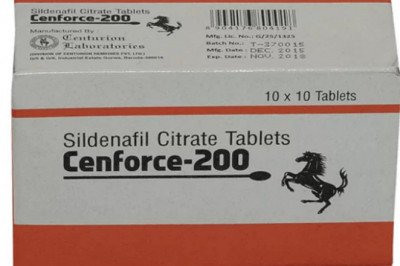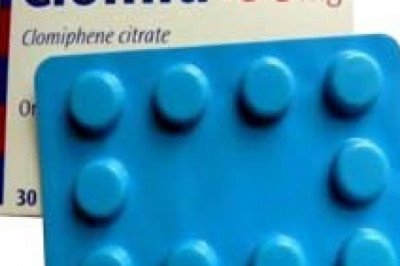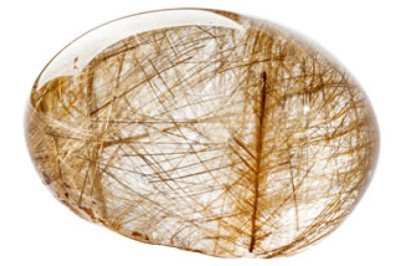views
Biopolymers are large molecules composed of repeating subunits found in living organisms. These subunits are typically amino acids, nucleotides, or sugars, which form the building blocks of proteins, nucleic acids, and carbohydrates, respectively. Biopolymers play critical roles in biological processes such as DNA replication, transcription, translation, and metabolism, and are responsible for the structure and function of cells and tissues.
Biopolymers can also be classified based on their origin. Natural biopolymers are derived from living organisms and include proteins, nucleic acids, and carbohydrates. Synthetic biopolymers are created by humans and include materials such as polylactic acid (PLA) and polyhydroxyalkanoates (PHAs), which can be used in a variety of applications including biodegradable plastics, drug delivery systems, and tissue engineering scaffolds.












Comments
0 comment